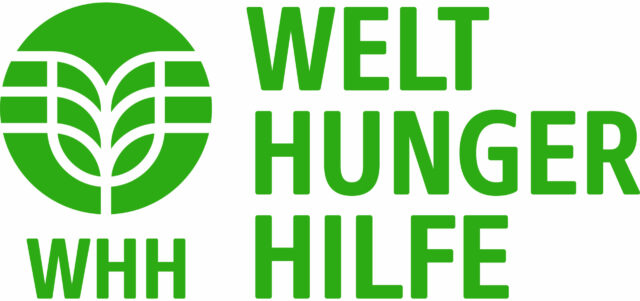Retrospective
Aligning biomass production with Human Rights Due Diligence and local food security: practical approaches
The expert panel on “Aligning biomass production with Human Rights Due Diligence and local food security: practical approaches” demonstrated that global agricultural supply chains can be a major driver for social sustainability and the respect of human rights in producer countries provided that basic rights such as the right to food are respected.
Welthungerhilfe and Meo Carbon Solutions, which had jointly organised this panel, brought together various experts from the private sector, academia, standard-setting bodies and industrial law, as well as practitioners from producer countries. They were all united by a particular interest in the human right to food: a cross-cutting right that closely links the realisation of ‘SDG 2 – Zero Hunger’ with ‘SDG 12 – Sustainable Consumption and Production’. However, as the 2024 Global Hunger Index shows, the global community is stagnating in its endeavours to achieve food security and is thus also failing to respect the human right to food within global agricultural supply chains.
In their joint opening address, Dr Rafaël Schneider, Deputy Head of Policy and External Relations at Welthungerhilfe, and Dr Jan Henke, Director of Meo Carbon Solutions, explained that achieving these goals was in actual fact entirely possible. Both underlined the importance of the human right to food in agricultural production. They said that a sustainable bioeconomy was only possible if the human rights of all stakeholders along the entire agricultural supply chain were respected.
In her keynote speech, Theresa Heering, Project Lead for Food Security Standards, emphasised the importance of cooperation between all players in the value chain and highlighted the role of the private sector in particular. In addition, there should be a harmonised political framework that explicitly refers to the right to food as a cross-cutting right, and bureaucratic hurdles for companies should be removed. They said that the necessary practice-oriented solutions for the implementation of human rights due diligence in agricultural production were already in place, and that positive examples of how the abstract regulation could be implemented in practice could be used by companies as a point of reference. As one prominent example, they cited the Food Security Standard (FSS), a field-tested tool for checking compliance with the right to food in agricultural production. The FSS can be tested cost-effectively as an add-on together with any existing sustainability standard. The FSS has existed since 2017 and is sponsored by the Agency for Renewable Resources (FNR) and the Federal Ministry of Agriculture, Food and Regional Identity (BMLEH). It is currently being implemented as a joint project by Welthungerhilfe and Meo Carbon Solutions. In her speech, Theresa Heering underlined that it was now important to start broadly applying these approaches.
Professor Lena Partzsch explained in her presentation that this broad application was no pie in the sky, and that certification standards such as the FSS not only helped companies to fulfil their due diligence obligations, but also addressed the growing awareness of certain consumer groups. She went on to say that social and environmental sustainability were no longer just a ‘question of priorities’, but in companies’ economic self-interest. Certification can provide the necessary proof of compliance with human rights standards in production and trade, and some consumers would even be willing to pay more for these certified products.
However, in order to facilitate fair trade that complies with human rights in a globalised world and at the same time remain competitive as a company, an appropriate framework is required. Due diligence regulations such as the German LkSG and the European CSDDD or EUDR are currently fleshing out this framework. Max Jürgens, Senior Associate at Cattwyk Rechtsanwaltsgesellschaft, made a legal comparison of the FSS with current German and European legislation. He is convinced that certification standards for companies could be a meaningful and helpful tool in their due diligence strategies.
This brings the implementation of the right to food to the forefront, especially for companies related to the agricultural sector, including for Eni SpA. Eni SpA produces bio-based aviation fuel, including from agricultural residual products, and cooperates with commodity producers for this purpose. In order to adapt their due diligence system to the new European guidelines, Eni SpA also uses the FSS and is currently already FOSSEM Advanced certified. Benedetta Camilli, Head of Agri Feedstock Initiatives and Programs at Eni SpA, welcomed this pro human rights development in her presentation. She added that at the same time practical solutions that were as unbureaucratic as possible were needed, which ideally could be integrated into existing company-specific due diligence systems.
4C is another example of what such a solution with as little bureaucracy as possible could look like. 4C is an independent, internationally-recognised sustainability standard for coffee and cocoa that is sponsored by stakeholder groups. Pia Lorenz, Senior Sustainability Manager, highlighted in her presentation how 4C integrates the FSS as an add-on and is thus able to strengthen the pillar of social sustainability in her own due diligence framework. In this context she underlined that companies could in no way use certification to relieve themselves of their responsibilities, and that certification standards were merely a tool for identifying existing risks within their own supply chain and bringing them under control step by step.
A report from the field by Michael Kitetu showed what new regulations such as CSDDD and LkSG mean in practice for the producers of different agricultural products. As auditor, he is particularly concerned with the question of how producers can be supported in complying with the new regulations. He believes that the design of certification standards and also the training of auditors bear great responsibility in this regard. In contrast to technical audits, purely social audits – such as for the FSS – are not yet well established. At the same time, only social audits can provide the necessary holistic insights into the living conditions of small-scale producers, workers and the surrounding communities. In his view, it is especially this exchange with external stakeholders that makes the FSS unique.
In the discussion round that followed, the panellists mostly addressed the question of what an effective implementation of CSDDD and EUDR could look like in practice. Many ideas were discussed, including sanctions in the case of non-compliance and a globally-harmonised due diligence strategy. The panellists’ assessment on how important it is for producers to be able to lift their local standards to the required level in order to not lose their market access met with widespread agreement among the audience.
A certification standard such as the FSS has the potential to make the new European regulations implementable for all stakeholders. In her final statement, Swantje Nilsson, Director-General for EU Affairs, Common Agricultural Policy, International Cooperation and World Food Affairs at the BMLEH, closed the event with the following appeal: “It is high time for companies to understand that the way they handle human rights risks, in particular the right to food, is not only instrumental in fulfilling their ethical responsibility but also in reducing economic risks. Let’s make human rights mainstream in supply chains.”
Panelists
Keynote Speakers

Theresa Heering
Project Lead Food Security Standard
Welthungerhilfe WHH

Jan Henke
Director
Meo Carbon Solutions
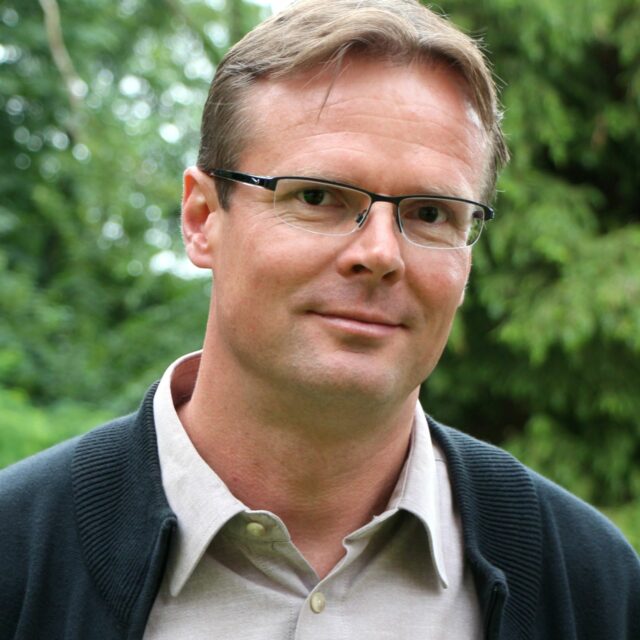
Rafaël Schneider
Deputy Head Policy and External Relations
Welthungerhilfe
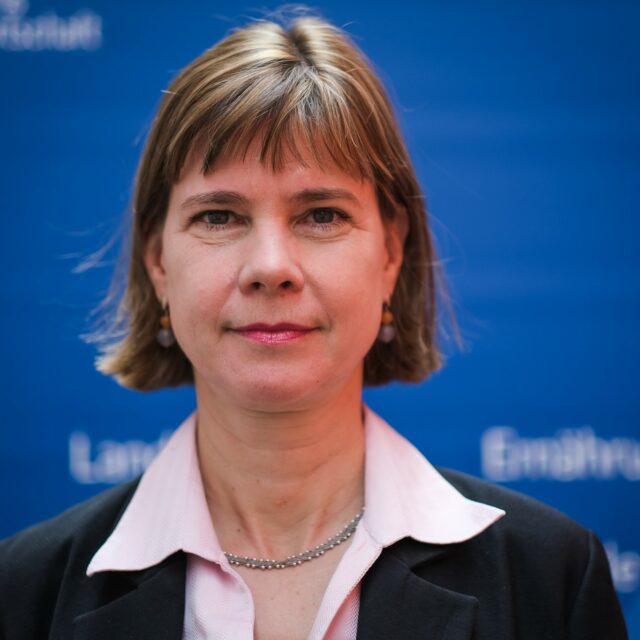
Swantje Nilsson
Head of the Directorate-General for EU-Affairs, CAP, International Cooperation and Global Food Security
Federal Ministry of Food and Agriculture (BMEL)
Moderators & Panelists
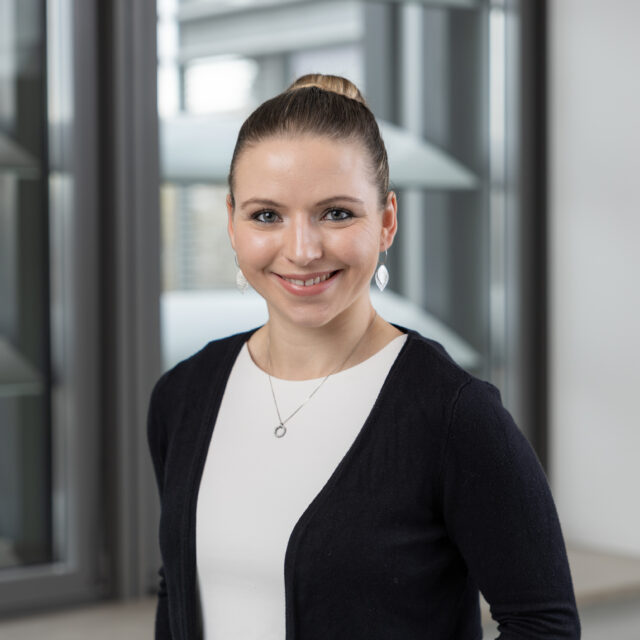
Lisa Marie Pyka
Project Manager Human Rights
Meo Carbon Solutions

Pia Lorenz
Sustainability Manager
4C
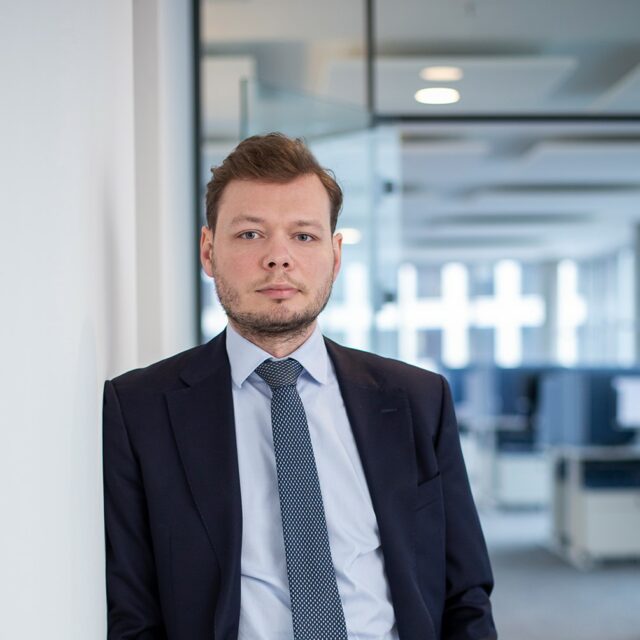
Max Jürgens
Senior Associate
Cattwyk Rechtsanwaltsgesellschaft mbH & Co. KG
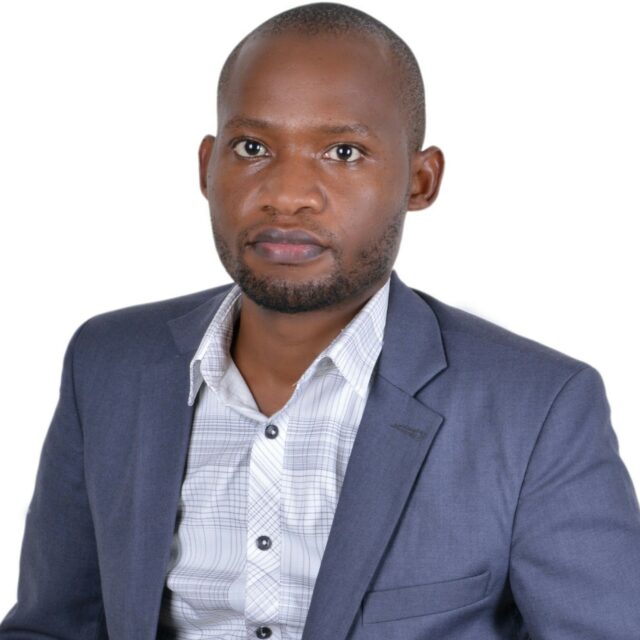
Michael Kitetu
Voluntary Sustainability Standards (VSS) Expert & Lead Auditor

Lena Partzsch
Freie Universität Berlin
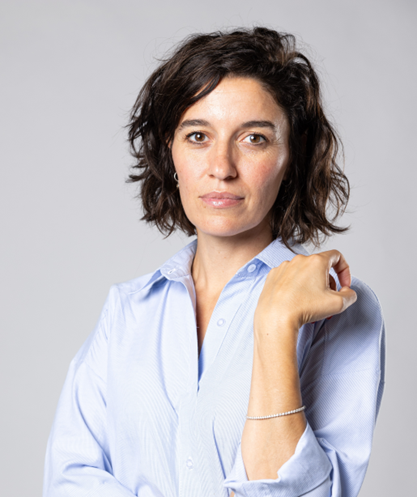
Benedetta Camilli
Head of Agri Feedstock Initiatives and Programs
Eni SpA



